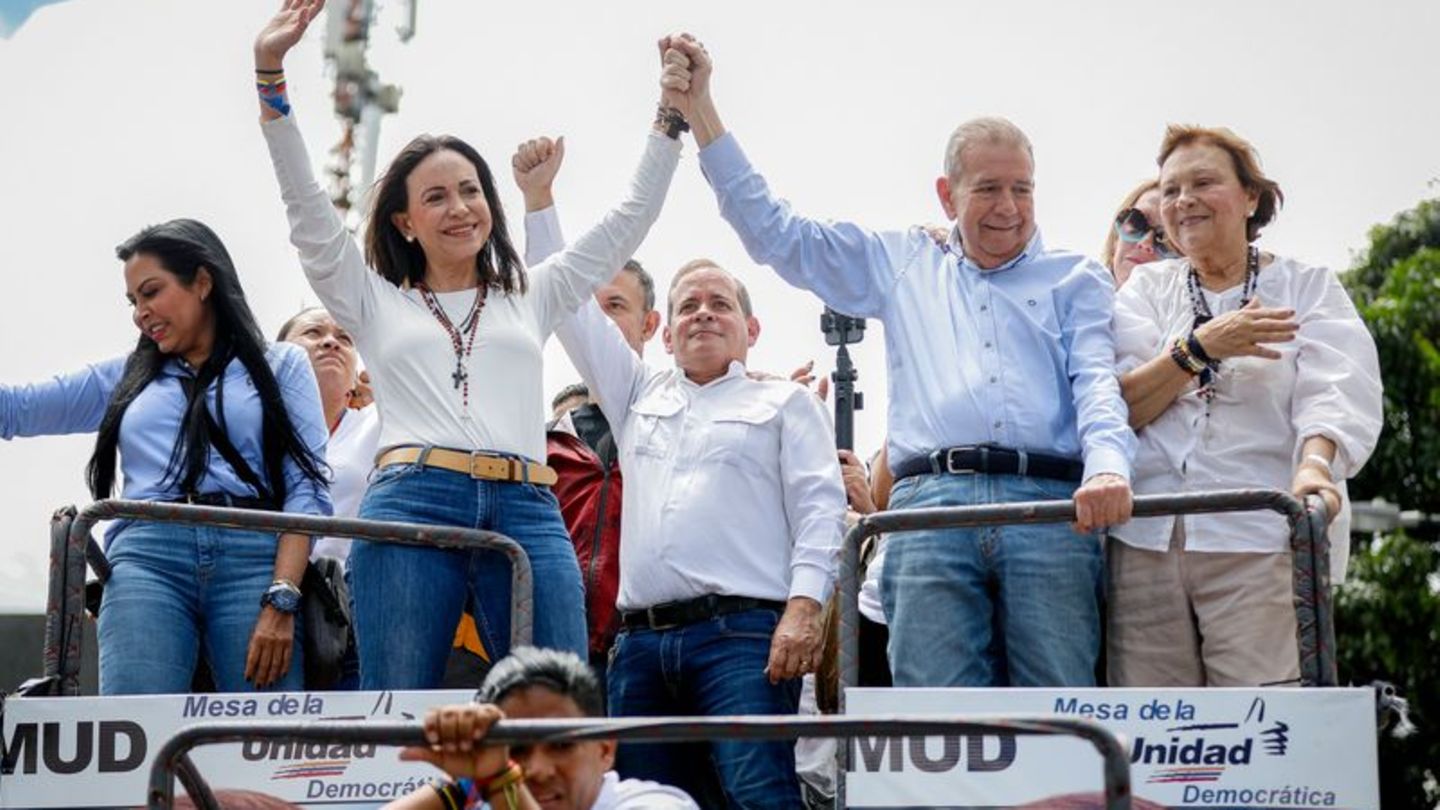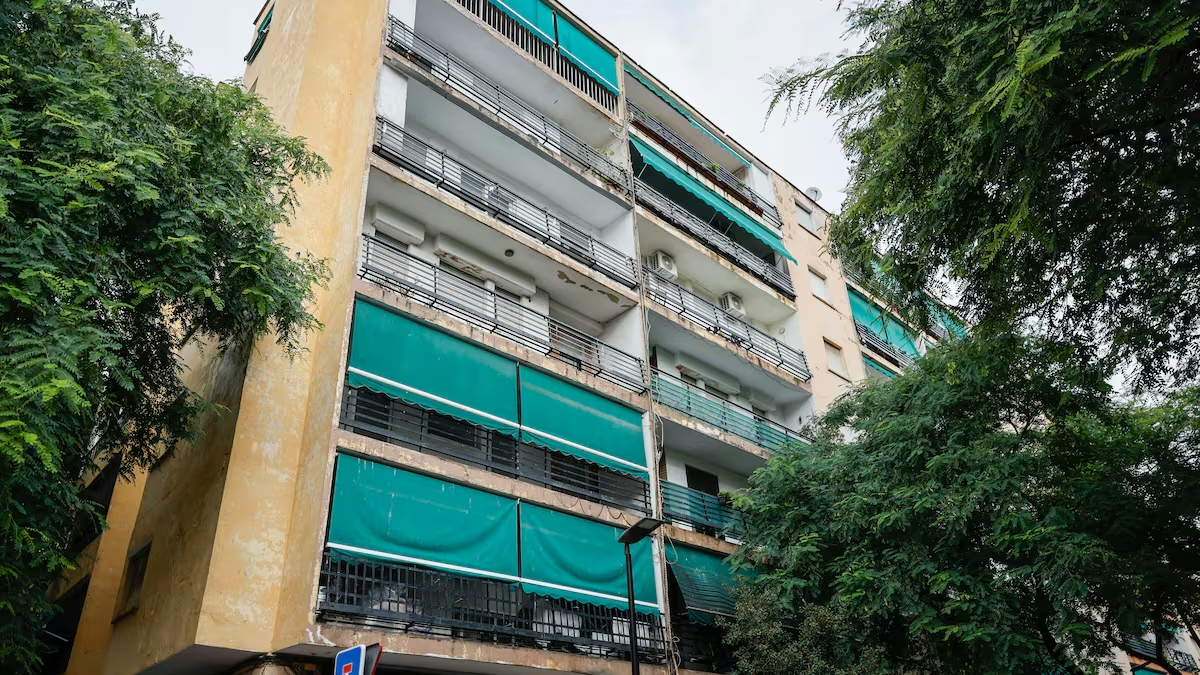The signs point to confrontation: the government’s opponents do not want to be denied victory, the president is clinging to power. The streets of Venezuela are seething.
After the presidential election in Venezuela was overshadowed by allegations of fraud, the opposition continues to fight for a change of government in the South American country. The authoritarian President Nicolás Maduro is resisting this with all his might, despite massive doubts about the legitimacy of his re-election.
“Venezuela and the whole world know that violence is the Maduro regime’s last resort,” wrote opposition leader María Corina Machado on Platform X. “After the clear electoral victory we Venezuelans have won, the regime’s response is murder, kidnapping and persecution. These crimes will not go unpunished.”
Non-governmental organization Foro Penal reports eleven deaths in demonstrations
According to the non-governmental organization Foro Penal, at least eleven demonstrators have died so far in protests against the election results, including two young people. According to the Attorney General’s Office, a police officer was also killed. State security forces arrested hundreds of demonstrators. UN Human Rights Commissioner Volker Türk and EU Foreign Affairs High Representative Josep Borrell called on the security forces to exercise restraint.
After the presidential election on Sunday, the pro-government electoral authority officially declared Maduro the winner. The opposition accuses the government of electoral fraud and claims victory for its candidate Edmundo González Urrutia. The opposition claims to have access to more than 80 percent of the detailed election results from the individual voting districts, which the National Electoral Council has not yet published. According to this, González is expected to receive 67 percent of the votes and Maduro 30 percent.
Doubts about the official election result
The USA, the EU and a number of Latin American countries also doubt the official election results. Peru even recognized the opposition candidate González as the election winner, whereupon Venezuela broke off diplomatic relations with the South American country.
The election observers from the Carter Center gave Venezuela a devastating report. “The presidential election did not meet international standards and cannot be considered democratic,” the non-governmental organization said in a statement.
In light of the allegations of fraud, Colombia’s head of state Gustavo Petro called for an independent review of the election results. “I call on the Venezuelan government to facilitate a peaceful conclusion to the elections by allowing a transparent review of the votes and results lists under the observation of all political forces and professional international observers,” wrote the left-wing head of state, who has a fairly good relationship with Maduro, on X. “The serious doubts about the electoral process could lead to a deep and violent division in society.”
Maduro, for his part, accused the opposition of attempts at manipulation. He requested an investigation from the Supreme Court and announced that the detailed results would soon be published. “There is an international conspiracy against Venezuela. This is the most criminal attack we have ever experienced,” said the head of state.
Thousands of people took to the streets to protest against what they saw as rigged election results. They set up roadblocks and the police used tear gas and batons against them. Attorney General Tarek William Saab said 1,062 demonstrators were arrested across the country. They attacked police stations, election office offices, town halls and hospitals, among other things. They are accused of terrorism, incitement to hatred and blocking public roads.
EU chief diplomat Borrell calls for respect for human rights
In view of the harsh crackdown by security forces on demonstrators following the disputed presidential election, EU foreign policy chief Borrell called for an end to the repression. “The government in Venezuela should end the arrests, repression and violent rhetoric against the opposition,” the European Union’s chief diplomat wrote on X. “The authorities and security forces must guarantee respect for human rights.”
Venezuela has been in a serious political and economic crisis for years. In the once prosperous country with large oil reserves, more than 80 percent of the population lives below the poverty line. Power outages are a recurring problem, and petrol, gas and medicines are in short supply. More than seven million people – a quarter of the population – have left Venezuela in the past ten years because of poverty and violence.
Source: Stern
I have been working in the news industry for over 6 years, first as a reporter and now as an editor. I have covered politics extensively, and my work has appeared in major newspapers and online news outlets around the world. In addition to my writing, I also contribute regularly to 24 Hours World.




